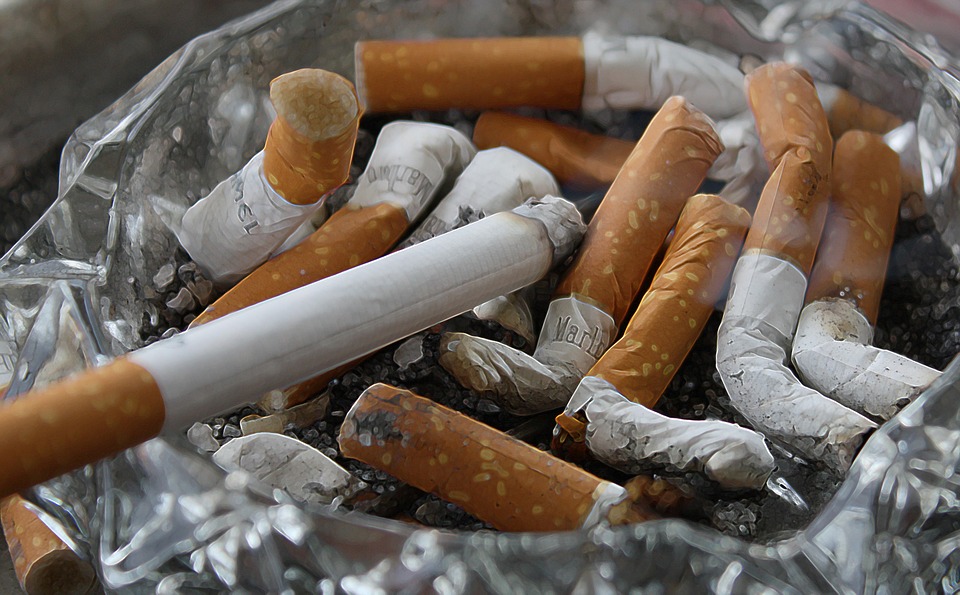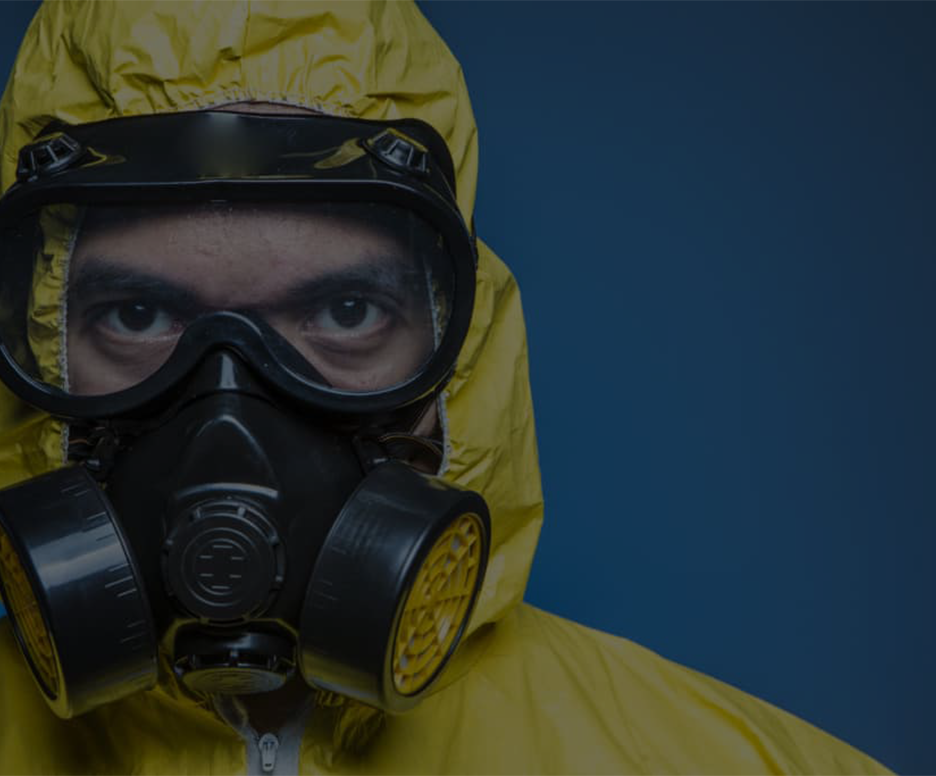
Most Common Indoor Air Pollutants Bad For Your Health
By: 911 Water Damage Experts
How’s the indoor air quality in your home?
Indoor air pollution is just as dangerous as the outdoor air pollution you hear all over the news.
It can cause and worsen health conditions, such as lung cancer, pneumonia, and heart disease just to name a few serious health conditions. And there are several main elements that lower indoor air pollution.
Below we highlight the most common indoor air pollutants and what you can do to improve the overall indoor air quality in your home.
Let’s get right into it.
Common indoor air pollutant 1: Tobacco smoke
Secondhand smoke is probably one of the worst pollutants that can damage the air in your home.
Cigarettes contain so many harmful ingredients to the point where secondhand smoke inhalers are at risk.
Common indoor air pollutant 2: Asbestos
Asbestos is actually a group of chemicals that are mostly used in construction materials.
But if the fibres in the materials are disrupted by anything, such as remodeling, or any type of construction, the same small fibers can be inhaled and can contaminate the lungs, causing a deadly condition.
Common indoor air pollutant 3: Mould and biological pollutants
We can mention some viruses, bacteria, dust, and mould here.
All of them come from various sides but they all contribute to the pollution in the air in your home.
Common indoor air pollutant 4: Carbon monoxide
This odourless and colourless gas can come from various places, such as automobile exhaust, gas stoves, and leaking furnaces etc.
Even with low amounts, it can cause dizziness, fatigue, and issues with your eyesight. Higher levels can result in headaches, loss of consciousness, and death.
Why is indoor air quality important?
The four common indoor air pollutants above give you four powerful reasons why you should always maintain indoor air quality at an optimal level.
Below we highlight the most common negative side-effects when being exposed to poor indoor air quality.
-Pneumonia: When indoor air quality is low, it can lead to some serious damage. For example, pneumonia and death by pneumonia, especially with small children. According to the WHO, indoor air pollutants doubles the risk for child pneumonia and is the cause of 45% of overall pneumonia deaths in children under 5, and responsible for 28% of the overall adult pneumonia deaths.
-Asthma: Indoor air pollution can significantly worsen any asthma case. The individuals who are suffering from asthma have a 40% higher chance of having an episode during a summer day if there is increased pollution in the air indoors.
-Allergies: Of course, we can’t go on without mentioning the allergies. Anything that poses as a threat in your home, such as mould or bacteria, can cause an allergic reaction and even irritation to your skin and eyes.
How to improve indoor air quality?
Thankfully, there are plenty of things that you can do in order to improve the overall quality of the air in your home.
Some of the actions you can take are just below.
-Keep your windows open: We are aware that this is not particularly possible at all times, but whenever there is a chance for it, you might want to hold off closing your windows.
If you have some ceiling fans, you can even turn them on too, just to help the air circulate in a better way.
And of course, whenever you decide to cook, make sure you use the proper ventilation and keep the windows open.
-Maintain the cleanliness of your home: In order to keep all common pollutants at bay make sure you regularly clean your home with a vacuum cleaner and remove the dust.
A great alternative to regular carpet flooring is a hardwood floor since it is much easier to clean and maintain.
Also, please make sure to wash all of your bed sheets and linens on a regular basis.
Refrain from storing piles of things all around the house since they are the perfect way to collect piles and piles of dust you don’t really need.
-Take good care of the humidity: The optimal level of humidity at any home should be between 30% and 50%.
This is something you should try to maintain at all times in order to prevent mould from occurring, in order to check the levels of moisture you can always use a moisture meter.
If you want to take this a step further, please feel free to check for any damaged pipes or leaks around your home, and also, to prevent any mould from forming, make sure you frequently air out your bathroom and kitchen.
-Check the home for asbestos: If you live in a home that was built in the 80s or before the 80s, then you have a significantly higher chance of having asbestos in your home.
If you find asbestos, you call a company like 911 Water Damage Experts to have it thoroughly removed.
-Stop smoking cigarettes in your home: We may live in an era when people are divided on the topic of smoking, but there is one thing you can always be certain of, you can restrict indoor smoking when it comes to your own home.
If you are a smoker yourself, usually the best thing to do would be to quit this habit. However, to prevent harming others you can always just refrain from smoking inside.
Finally, just before we wrap things up, make sure to have the quality of the air in your home tested on a regular basis.
This is how you will stay one step ahead of all the silent pollutants that can creep their way into your home and endanger your health.
If you have any questions about indoor air quality and getting your home inspected feel free to call us at 1-833-WE-DRY-IT any time 24/7/365 or chat with us in near real-time on Facebook.
Related Posts
Dangers Of Bathroom Mould And Tips On How To Prevent Infestation
Most Dangerous Moulds You Can Find In Your Home
Most Common Mould Removing Mistakes By DIYers And Mould Removal Companies
What Are The Risks Of Having Asbestos In My Home & How Do I Manage It
How To Dispose Of Asbestos
Asbestos Health Dangers: Who Is Most Vulnerable
Related Services
Mould Removal Services
Emergency Cleanup Services
Water Damage Services



